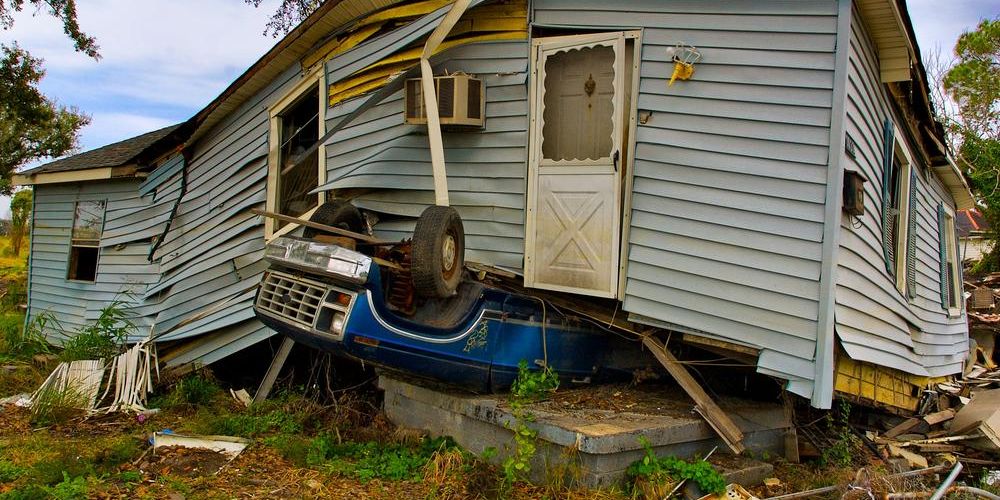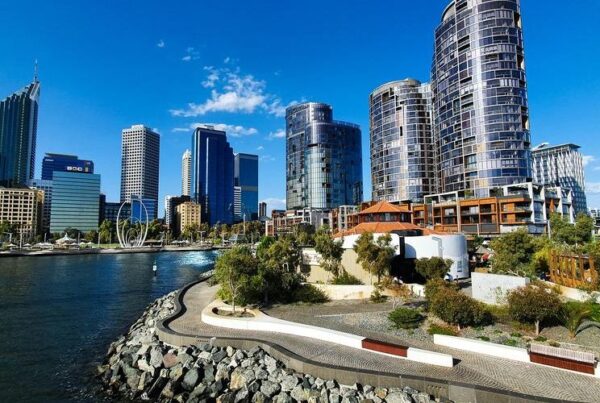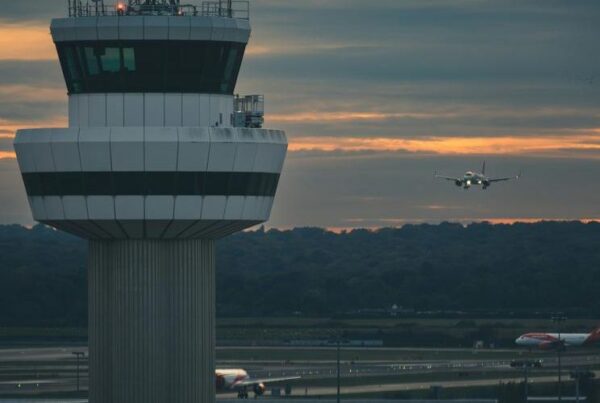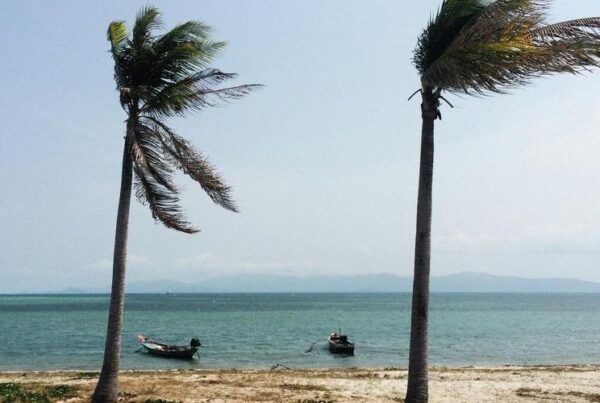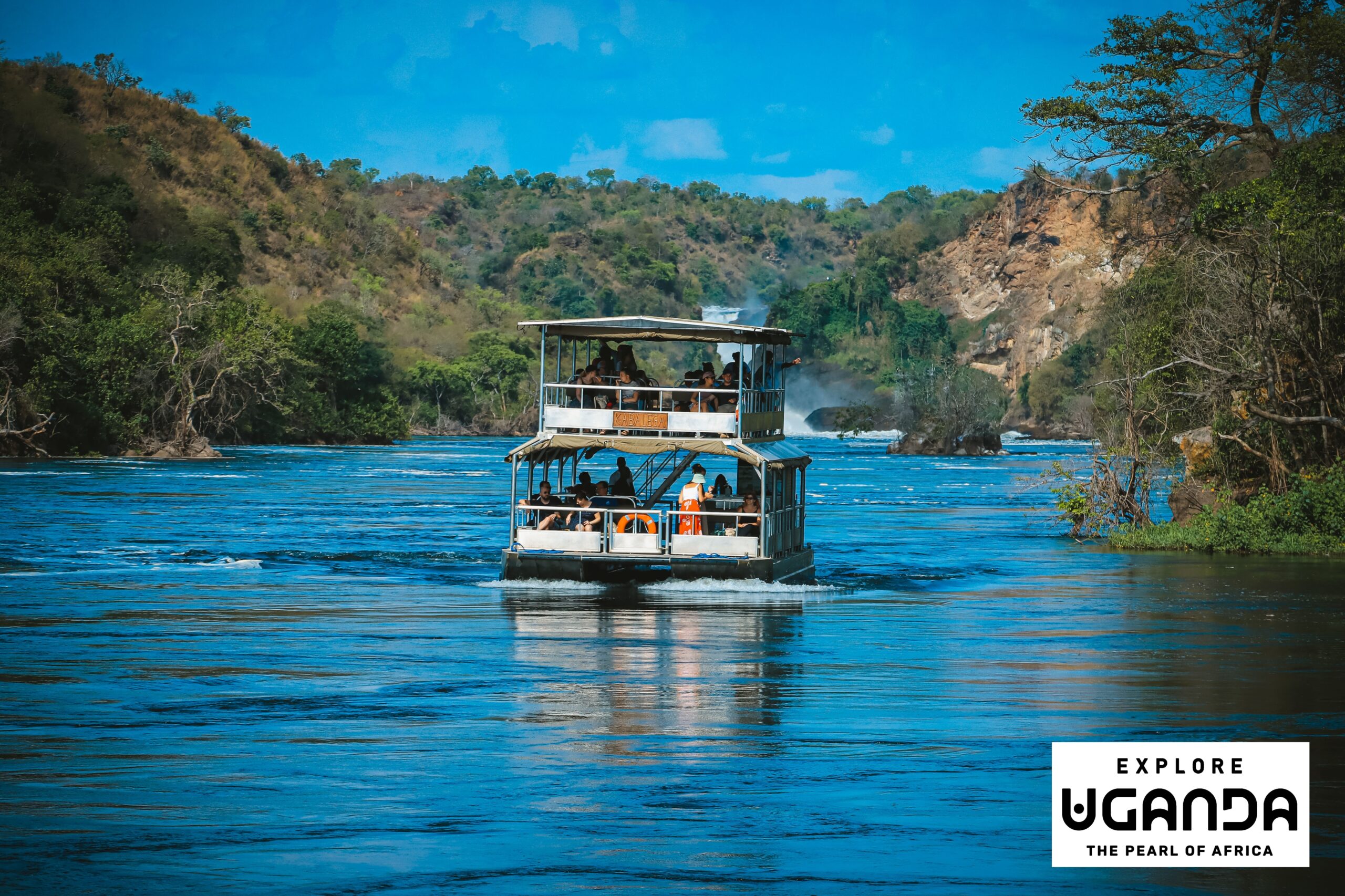The Category 5 storm made landfall yesterday with winds peaking at 298 km/h, devastating communities and causing widespread destruction. Seven people are believed to have died as Melissa made her way across the Caribbean region.
Experts have warned that it could reshape the Jamaican coastline and potentially change the way of life there for years to come, with recovery efforts expected to take months. Officials have even warned residents and visitors to be wary of crocodiles displaced during the storm chaos.
The hurricane’s slow movement exacerbated its impact, bringing prolonged rainfall, severe flooding and storm surges up to four metres.
In the mountainous regions, landslides and collapsed infrastructure, including hospitals, have hampered rescue efforts.
More than one-third of the island’s power customers lost electricity and at least 6,000 people sought refuge in temporary shelters. The situation remains critical, with warnings of continued dangerous conditions.
The Jamaican government issued mandatory evacuation orders for approximately 28,000 residents in high-risk areas. Despite these efforts, some communities, such as Port Royal, faced challenges in convincing residents to evacuate due to past traumatic experiences in shelters.
International aid has begun to arrive, with China and the United Kingdom pledging humanitarian support. Relief agencies, including the UN and Direct Relief, are mobilising resources for post-storm recovery.
The Miami HEAT basketball team, in partnership with the Micky & Madeleine Arison Family Foundation and Carnival Corporation & plc, has made a $1million donation to Direct Relief to assist with expected recovery efforts.
Hurricane Melissa has now weakened to a Category 4 storm as it moves toward Cuba and the Bahamas.
